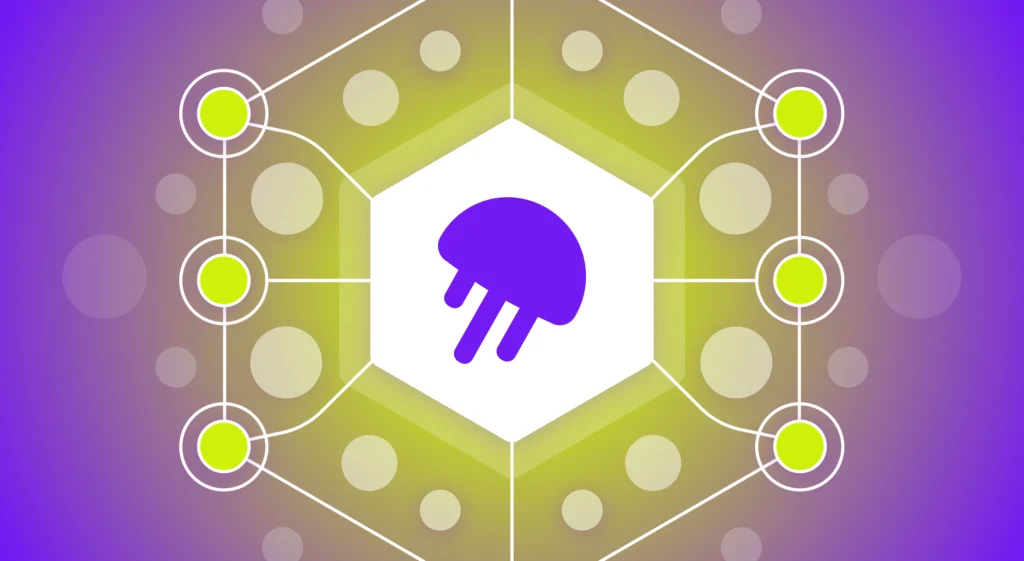The 2023 State of Engineering Management Report found that engineering operations were significantly impacted by the economic climate. Recent research shows that engineering metrics trended downward across tempo, throughput, collaboration, and planning in 2022. After interviewing several leaders during the research project, what’s clear is that the macroeconomic climate had a major impact on team performance and health in 2022. The question remains: how do we turn the ship around starting in 2023?
In our third interview with engineering leaders about the 2023 State of Engineering Management Report, we sat down with Gustavo Barbosa,VP of Engineering at Loadsmart, to better understand the results of the research from an Engineering Operations perspective. We discussed:
- The impact of the macroeconomic environment on team health
- Required compromises between technical and non-technical executive leaders
- The benefits of engineering management platforms
Jellyfish: Over the past year, many engineering teams have had to re-examine their priorities due to the downturn in the economy. What types of work are getting de-prioritized and what is the process for determining what the team should focus on during this time?
Gustavo Barbosa: Under the current economic conditions, we need to be diligent about where we are investing our efforts. Initiatives that will have a direct impact on the revenue and efficiency of our business will come first. Projects that would consider long-term bets for the future should be at least reconsidered. Given the conditions in the market, many companies will be trying to reduce risk. In other words, they need to invest resources where they’re guaranteed a return on investments.
Jellyfish helped us evaluate our options with Allocation data. By knowing how much we’re currently investing in each one of our initiatives, we were able to make more informed decisions, not based on gut feelings, but rather on actual data.
Jellyfish: What would you say are the differences between how non-technical leadership and technical leaders are looking at the performance of their engineering teams in the current economic climate?
GB: Many non-technical leaders struggle to understand the value of certain types of work that are more “foundational” in nature. Foundational work is needed, but it’s not directly tied to revenue. Its value needs to be conveyed in a way that non-technical leaders can also understand.
On the other hand, technical leaders understand the benefit, and they do understand that sometimes concentrating on this type of work will save us time later, or allow us to grow in a much more scalable way.
The other aspect that is really important to communicate during this time is how much it takes for you to support a whole suite of products or a project that is for the long term.
Given this current situation, I think that most of the challenges of priority setting are related to trying to meet in the middle on certain initiatives even when non-technical leaders don’t initially see the value of certain work. We need to bridge the gap so that we don’t sacrifice certain values for short-term gains. Because if you still don’t invest in foundational work, the business is going to pay the price in some way.
Jellyfish: Many engineering operational metrics such as throughput, collaboration, tempo metrics were down this year. Does that necessarily surprise you? What factors impacted the way that engineering teams have worked?
GB: That doesn’t surprise me; I would expect some decline to some extent.
With the current market economics, many companies had to let people go. Many people are afraid of losing their jobs, what’s coming next, and what’s going to happen to their company. There are many questions, and they simply don’t have all the answers. Even in leadership, when you have more context about what the company wants to do, it can still be very difficult to predict what’s going to happen.
So the behavior is a natural consequence of what is happening right now. If you’re afraid, if you don’t feel comfortable, and if you’re not in a position where you can truly be yourself, naturally, your productivity will go down.
I think we are still in a wait-and-see mode for what’s going to happen in the coming months.
Jellyfish: For the past four years, we’ve seen that data-driven teams with Engineering Management Platforms see a higher level of productivity, invest more time into innovation, and better adhere to DevOps best practices. What has been the impact of having an Engineering Management Platform on your teams?
GB: Putting it simply in one sentence, having an engineering management platform enables us to have more productive discussions. Before we would have long discussions about engineering priorities simply based on feelings and what people think is happening to this team or that team specifically.
Having a platform like this, these discussions became much more productive at the senior leadership level. With investment allocation, we’re able to clearly understand which teams are focused on the release of features and products. We can better understand what teams are suffering with tech debt or bug fixing. We can make decisions and provide guidance as to where we should be dedicating more resources or if we need to pay off certain tech debt.
And for middle management, they’re able to have open and transparent conversations with their teams at the end of the sprint cycle in a retrospective. They’re able to look at the number of user stories that they committed to that sprint. They can see what was not delivered and why. Maybe it’s because there was rollover work from the previous period, or maybe because the product manager came in and brought something new to the table.
That data helped us be more laser-focused on solutions to specific problems that our teams are facing. For example, it’s difficult to create predictability when we have news stories coming in all the time. But when you use something like this, it becomes about finding the solution to the problem, not finding the problem anymore.
Gustavo Barbosa is VP of Engineering at Loadsmart and the winner of the 2022 Engineering Operations Illuminate Award. Gustavo will be speaking at GLOW 2023 where he will speak about his team’s engineering operations best practices. Register for GLOW today.
For the full insights referenced within the discussion, download the 2023 State of Engineering Management Report today.







